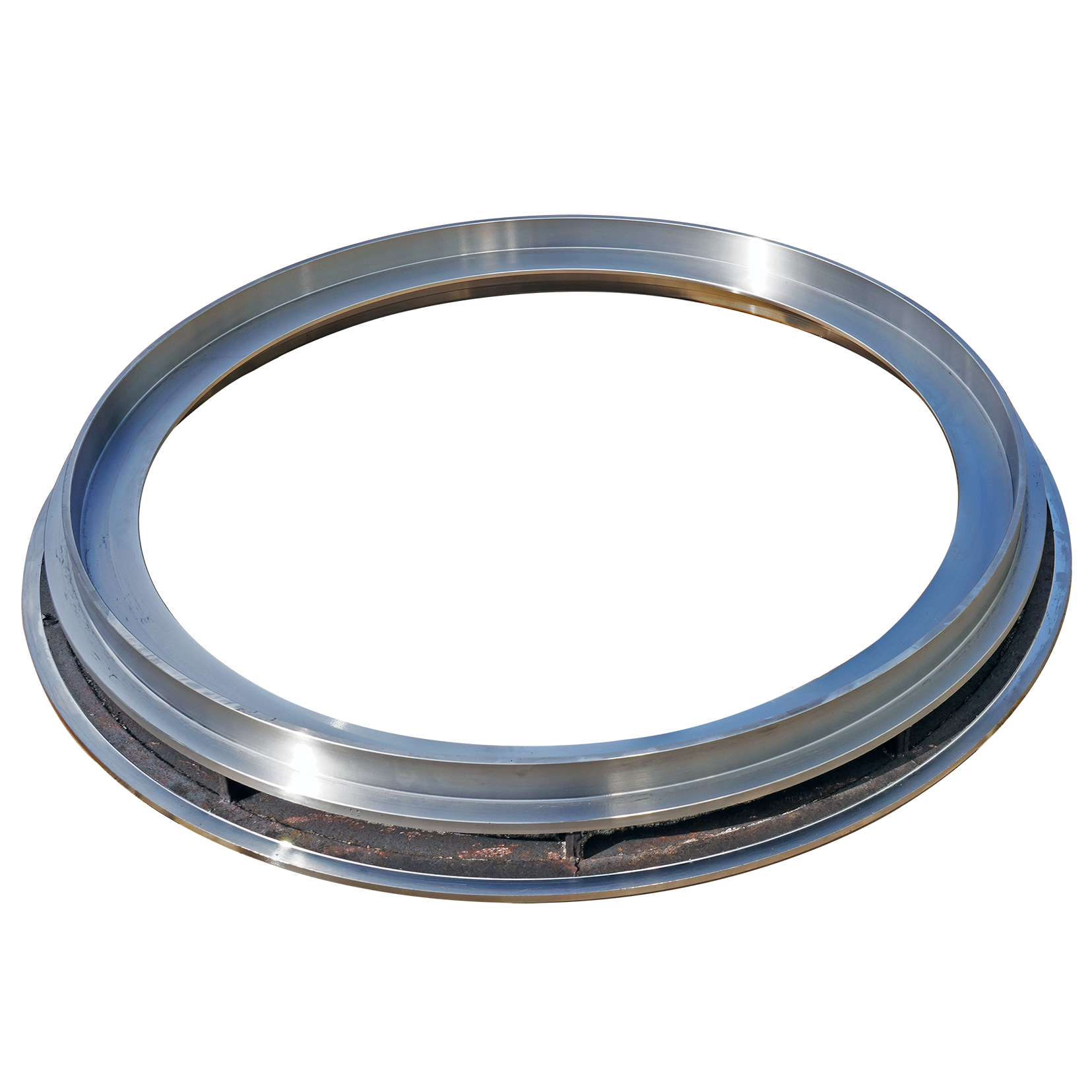Nov . 27, 2024 19:12 Back to list
Understanding Aluminum Alloys and Their Applications in Various Industries and Products
Understanding Aluminum Alloys A Comprehensive Guide
Aluminum alloys play a crucial role in various industries, ranging from aerospace to automotive, and construction to packaging. The versatility of aluminum as a material is significantly enhanced by the use of various alloying elements, which impart specific properties suited for different applications. This article will provide an overview of aluminum alloys, their classifications, and their notable applications.
Classification of Aluminum Alloys
Aluminum alloys are generally categorized into two main classes wrought and cast alloys.
1. Wrought Alloys These alloys are mechanically worked into their final shapes, usually through processes such as extrusion, rolling, or forging. Wrought aluminum alloys are designated by a four-digit code. The first digit indicates the series of the alloy, which reflects the principal alloying element. For example, the 1xxx series consists of pure aluminum, while the 2xxx series is primarily alloyed with copper.
2. Cast Alloys On the other hand, cast alloys are produced by pouring molten aluminum into a mold. They are identified by a four-digit number preceded by a decimal point that defines the specific alloying elements. For instance, the 3xx.x series includes silicon as the main alloying ingredient and is known for its good casting characteristics.
Key Alloying Elements
Several elements are commonly added to aluminum to create alloys with desirable properties
. Some of the most notable include- Copper (Cu) Increases strength and hardness. Copper is predominantly found in the 2xxx series alloys, which are widely used in aerospace applications. - Magnesium (Mg) Enhances corrosion resistance and weldability. Alloys in the 5xxx series leverage magnesium for marine and automotive applications. - Silicon (Si) Improves fluidity and wear resistance, making it a key element in the 3xx.x series of cast alloys. - Zinc (Zn) Provides additional strength and is found in the 7xxx series alloys, which are often used in high-stress applications such as aircraft structures.
aluminum association alloys

Properties of Aluminum Alloys
Aluminum alloys exhibit a range of properties, making them suitable for various applications
- Lightweight Compared to many metals, aluminum is lightweight, which is especially advantageous in transportation sectors, as it contributes to improved fuel efficiency. - Corrosion Resistance Aluminum naturally forms a protective oxide layer when exposed to air, which helps resist corrosion, a vital property for marine and outdoor applications. - Workability Aluminum alloys can be easily shaped into complex geometries, thanks to their excellent machinability and ductility.
Applications of Aluminum Alloys
The unique properties of aluminum alloys make them ideal for an array of applications
- Aerospace The lightweight and high-strength characteristics of 2xxx and 7xxx series alloys are widely used in aircraft fuselages and wings. - Automotive The automotive industry utilizes 5xxx and 6xxx series alloys for components that require a balance of strength and weight, including body panels and structural parts. - Building and Construction Aluminum is preferred for window frames, roofing materials, and structural components due to its durability and resistance to weathering. - Packaging Aluminum foil and containers made from 1xxx series alloys are popular in the packaging sector due to their lightweight and impermeability.
Conclusion
In summary, aluminum alloys are a versatile and essential material in various industries worldwide. Understanding their classifications, properties, and applications enables manufacturers and engineers to select the appropriate alloy for their specific needs, driving innovation and efficiency in numerous fields. With ongoing advancements in aluminum alloy technology, the future holds even more exciting possibilities for this remarkable material.
-
Centrifugally Cast Iron Water Main Pipe | Ductile Iron Solutions
NewsAug.24,2025
-
Durable Cast Steel Concrete Pipe Mold Bottom Rings & Base Trays
NewsAug.23,2025
-
Centrifugally Cast Iron Water Main Pipe for Reliable Mains
NewsAug.22,2025
-
Durable Centrifugally Cast Iron Water Main Pipe
NewsAug.11,2025
-
Centrifugally Cast Iron Water Main Pipes for Reliability
NewsAug.10,2025
-
High-Quality Centrifugally Cast Iron Water Main Pipes
NewsAug.09,2025


